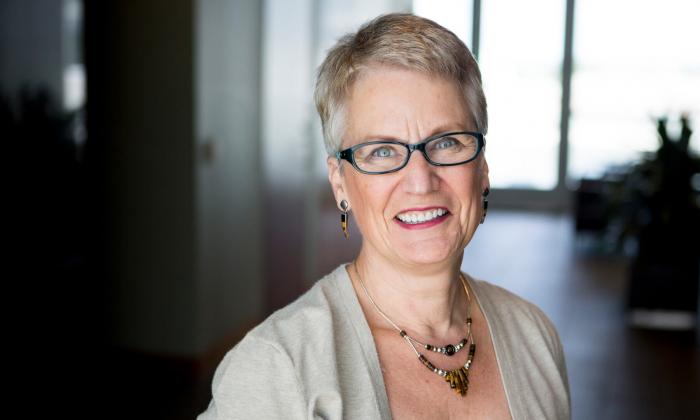
Like many students, I often found myself sitting amidst strangers in September. Remember how that felt? You worried about so much—whether you would fit in, what group you’d join, how you’d identify yourself and whether you’d find new friends.
In high school, my ninth-grade English teacher began our first class with an icebreaker designed to jump-start the process of turning strangers into friends. First, he asked us to take out a sheet of paper and jot down a list of words to describe ourselves. When we were done, he had us turn to our neighbors and talk about ourselves without using any of the words we had conveniently listed on the looseleaf paper.
At the time, I thought it was a particularly devious way to test our creative literary powers and a troubling omen for the next few years. I’ve since learned to appreciate the exercise. It helped us get beyond labels, those reductionist terms that can establish a quick identity but mask the real person.
“As we tell stories about the lives of others, we learn how to imagine what another creature might feel in response to various events. At the same time, we identify with the other creature and learn something about ourselves.”
Martha Nussbaum, philosopher
This issue of Teaching Tolerance tackles a wide range of apparently unrelated topics, from social media to immigration to bullying. But two common threads weave through the words and unite them all: the idea of empathy and the goal of getting past labels. In the words of Atticus Finch, the stories here urge us and our students to “consider things from [another person’s] point of view … climb into his skin and walk around in it.”
Through language, technology, institutions and media, our culture reduces people all too easily into conveniently labeled objects—“illegals,” “Muslim terrorists,” “bullies,” “slaves,” “child laborers,” “Facebook friends,” “Special ed.” We hope to provide you with ways to help your students “tell stories about the lives of others,” imagine what it’s like to be another person and recognize the humanity in us all.
And, as always, we’d love to hear what you think. Write to us at lfjeditor@splcenter.org.
—Maureen Costello